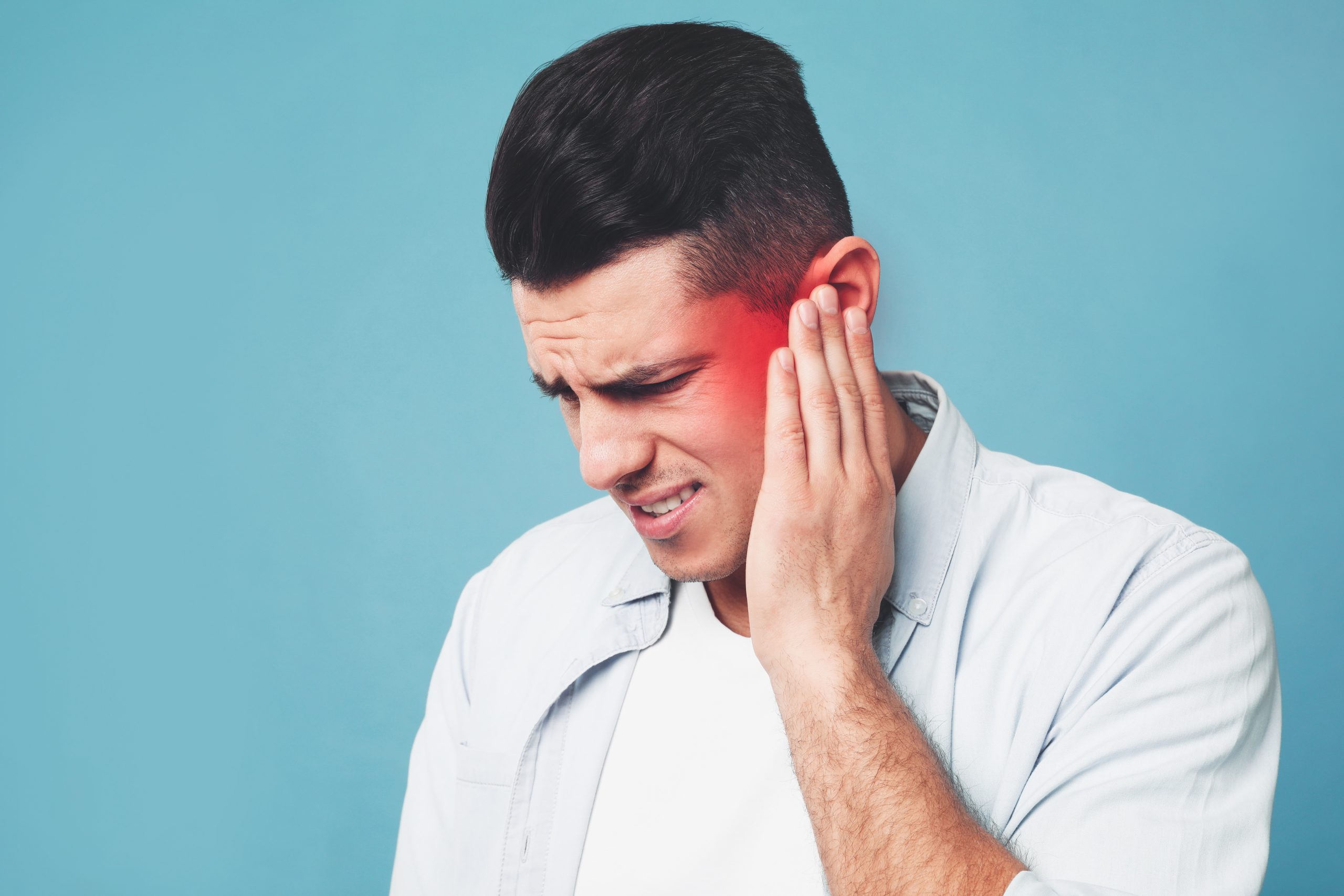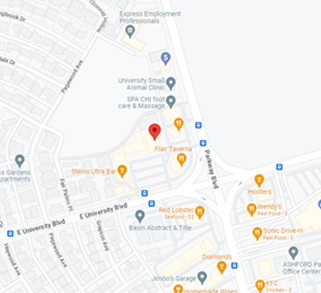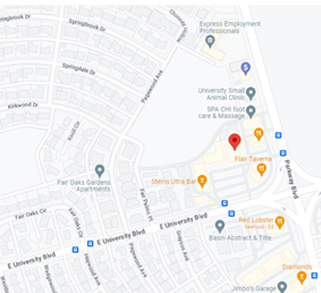Many people are unaware of the frequent connections between sinus and ear infections. Sinus pressure, congestion, or discomfort can impact your ears and hearing. Since the throat, nose, and ears are all a single, interconnected system, illness or inflammation in one can quickly spread to the others.
For many, this results in ear ringing, muted noises, or even temporary hearing loss. Knowing how sinus health and hearing are related is essential if you’ve ever wondered, “Can sinusitis cause ear infections?” or noticed sinus congestion in your ears that affects your hearing. This blog will discuss how sinus problems can cause hearing problems, typical symptoms to watch out for, and ways to safeguard your hearing, such as when to see an expert in hearing aids or make an appointment for a hearing test in Waco, TX, at your go-to Central Texas hearing facility.
Can a Sinus Infection Cause Hearing Loss?
Yes, some people may experience temporary hearing loss due to sinus infections. The structure of your sinuses and ears is the cause. The Eustachian tube, a tiny passageway that connects the two, aids in regulating air pressure between the middle ear and the external environment.
Mucus accumulation and inflammation brought on by sinusitis can obstruct the Eustachian tube. Because of this obstruction, air cannot move freely, causing pressure variations that alter how sound waves pass through your ear. Consequently, you can encounter:
- Reduced or muffled hearing
- Fullness or pressure in the ears
- Accumulation of fluid behind the eardrum
- Short-term loss of clarity in hearing
How Sinus Infections Can Affect Your Hearing
Sinus congestion may enlarge your nasal passageways and Eustachian tubes, trapping air and fluid in your middle ear. An ear infection is a common consequence of sinus problems, and this trapped fluid frequently becomes a haven for bacteria and viruses.
This is the step-by-step process:
Sinus Inflammation – Allergies, germs, or viruses can cause inflammation in the sinuses.
Blockage of the Eustachian Tube – Swelling obstructs the tube from the middle ear to the back of the throat.
Pressure Build-Up – The eardrum is pulled inward by negative pressure that arises when air cannot flow.
Fluid Retention—Fluid that gets stuck in the middle ear can cause pain, fullness, or discomfort.
Hearing Issues – This leads to a temporary loss of hearing or muffled hearing from an ear infection.
Types of Hearing Issues Related to Sinus Problems
Depending on the intensity and frequency of the infection, sinus infections can result in various hearing problems. These may consist of:
Hearing Loss due to Conductivity: When sound waves cannot travel through the middle ear or ear canal effectively, hearing loss of this kind results. Fluid accumulation behind the eardrum is frequently caused by sinus congestion, which hinders proper vibration and sound conduction.
Temporary Deafness: Most people experience transient hearing loss due to sinus infections. Hearing usually returns to normal after the Eustachian tube reopens and the sinus irritation decreases.
Chronic Hearing Issues: If you suffer from frequent sinus infections or chronic sinusitis, repeated pressure changes and fluid buildup can lead to long-term damage or persistent hearing problems. In such cases, it is recommended that you consult a hearing aid specialist or visit a Central Texas hearing center for evaluation.
Persistent Hearing Problems: Frequent pressure shifts and fluid accumulation from frequent sinus infections might cause long-term harm or ongoing hearing issues. In these situations, it is advised to contact a Central Texas hearing clinic for evaluation or speak with a hearing aid professional.
Ear Ringing, or Tinnitus: Tinnitus can result from pressure imbalances caused by blocked sinuses that impact the inner ear. Allergies or nasal congestion may make this problem worse. Treating the sinus issue can frequently lessen or eliminate tinnitus symptoms.
What are the Four Main Symptoms of Sinusitis?
Early detection of sinusitis symptoms might help avoid complications, including hearing loss and ear infections. The following are the four primary signs of sinusitis.
Facial Pain or Pressure – Inflammation of the sinuses causes pain around the eyes, cheeks, and forehead.
Nasal Congestion – Nasal congestion is the inability to breathe due to blocked nasal passages.
Thick Nasal Discharge – Thick nasal discharge is green or yellow mucus dripping from the throat or nose.
Diminished Sense of Taste or Smell – Swelling impairs your capacity to taste and smell.
Other common symptoms include:
- Pain in the head that gets worse when you bend forward
- Nose pain or post-nasal drip
- Exhaustion or poor life
- Ear sinus congestion resulting in fullness or pressure
How to Protect Your Hearing from Sinus Infections
The likelihood of hearing problems can be considerably decreased by managing sinus health proactively. Here are some practical measures to safeguard your ears and sinuses.
Drink plenty of water: Water consumption facilitates the thinning of mucus, which reduces its removal from the sinuses and avoids blockages that may result in ear infections.
Make use of a humidifier: Dry air may irritate your nasal passages. A humidifier helps your sinuses and eustachian tubes stay healthy by maintaining moisture.
Handle allergies quickly: Allergies frequently cause chronic sinus inflammation. Ear pressure-causing nasal edema can be avoided by taking antihistamines or prescribed allergy drugs.
Steer clear of abrupt pressure changes: Avoid flying or scuba diving if you have sinus congestion. Pressure changes can worsen ear obstruction and pain.
Consult a physician about recurrent infections: See your healthcare practitioner if you frequently get sinus infections or if an ear infection is causing your hearing to become muffled. They might suggest imaging tests, nasal sprays, or a referral to a Central Texas hearing facility for a hearing test in Waco, TX.
Take a look at steam therapy: Nasal passageways can be opened, and congestion can be relieved by inhaling steam from a bowl of hot water or taking a warm shower.
Maintain proper hygiene: Washing your hands frequently and avoiding close contact with people sick with the flu or a cold can lower your risk of sinus infections.
Roger Clark Hearing- Restoring Your Ability to Hear Clearly
Don’t disregard the symptoms if you have tinnitus, sinus-related hearing loss, or chronic ear pressure. Our specialty at Roger Clark Hearing is identifying and treating hearing issues brought on by illnesses like sinus and ear infections. Whether you require a hearing test in Waco, TX, or tailored hearing aids for long-term assistance, our knowledgeable hearing aid specialist can evaluate your hearing health and suggest suitable options.
Let our skilled staff at your go-to hearing facility in Central Texas assist you in regaining the comfort and clarity you are entitled to. Better hearing starts at Roger Clark Hearing, so make an appointment for your thorough evaluation today!
FAQs
Can ear infections result from sinusitis?
Indeed. Sinus inflammation can obstruct the Eustachian tube, trap fluid, and result in an ear infection that hurts and temporarily damages hearing.
Why do I feel like my ears are plugged when sinus congestion occurs?
Your ears may feel full or muffled due to sinus congestion, which occurs when enlarged airways obstruct airflow.
How long does a sinus infection cause hearing loss?
It is usually transient and goes away when sinus swelling subsides. If your hearing problems persist for more than two weeks, schedule a hearing test at Roger Clark Hearing in Waco, Texas.
Is congestion a factor in tinnitus?
Because middle ear pressure alters sound transmission and produces ringing or buzzing sounds, congestion can induce tinnitus.
When should I consult a professional about hearing aids?
If you have recurrent sinus infections or muted hearing from an ear infection that doesn’t go away, see a hearing aid specialist at your Central Texas hearing center for an evaluation.








